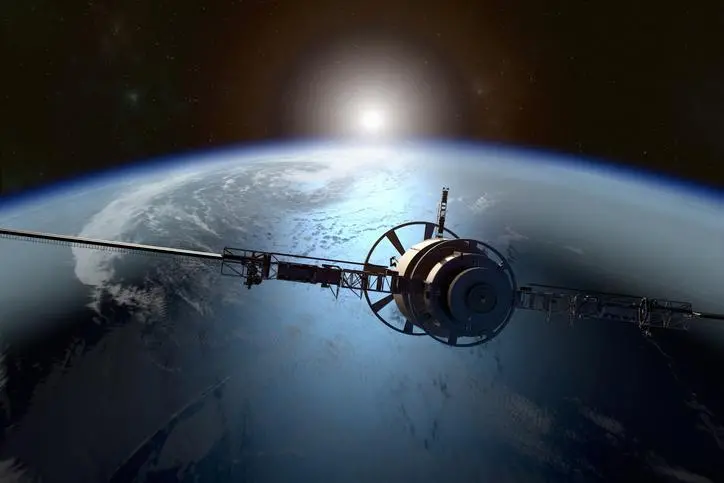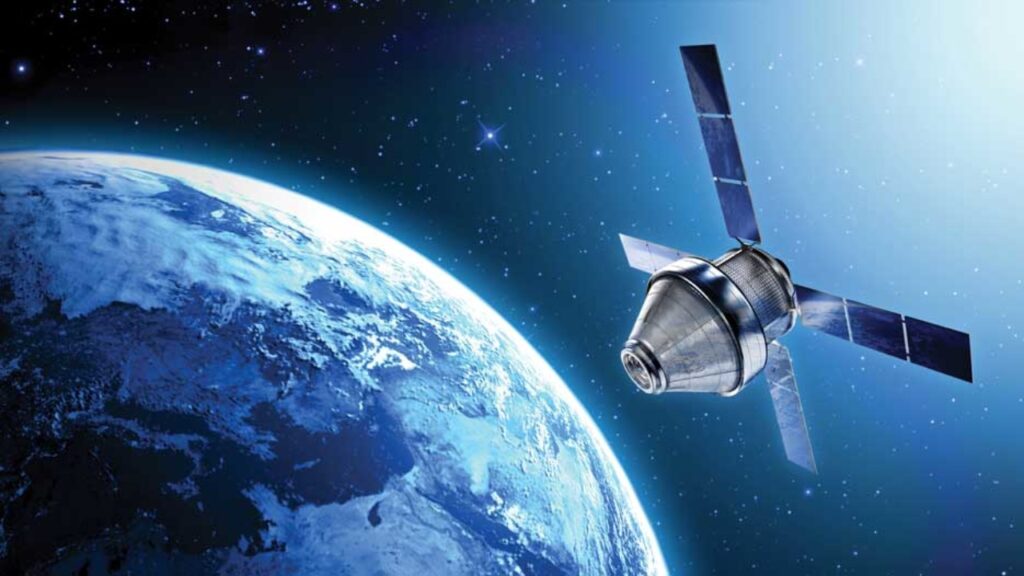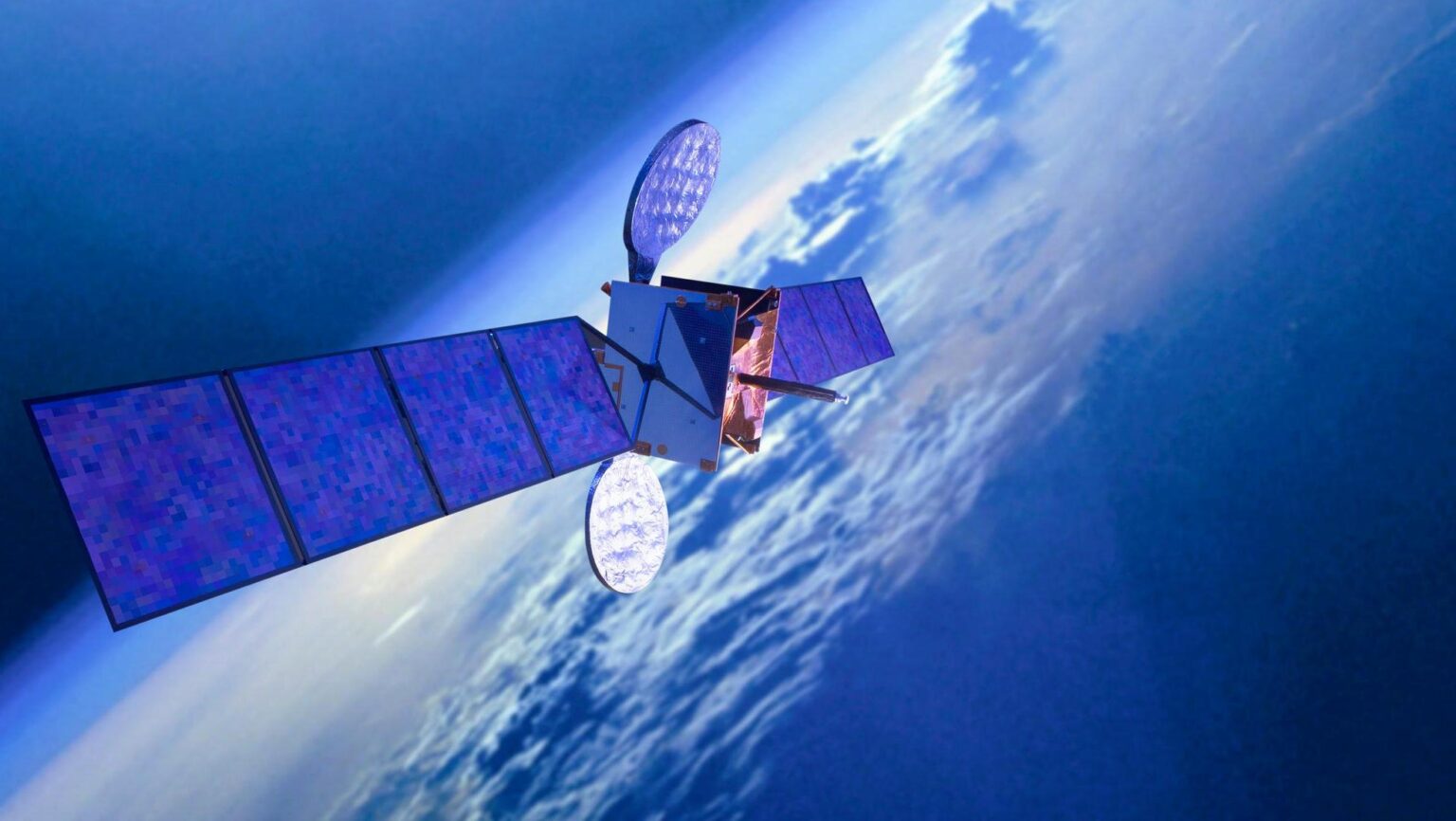Bahrain has taken a major step in science and technology by launching its first national space weather monitoring station. This new facility will keep a close eye on space weather, especially solar storms, to help protect important communication satellites and other technologies that we rely on every day.
Solar storms, caused by activity on the sun, can disrupt satellite signals, GPS, and even power grids on Earth. With the new monitoring station, Bahrain aims to improve safety and prevent damage caused by these storms.
What is Space Weather Monitoring?
Space weather refers to the changing conditions in space caused by the sun’s activity. This includes solar flares, solar wind, and magnetic storms. These events can send bursts of energy toward Earth, affecting satellites and communication systems.
The space weather monitoring station in Bahrain will track these solar activities in real time. It will gather data to help predict when solar storms might hit and how strong they could be. This information is crucial to prepare and protect satellites and other sensitive equipment.
Why Is This Important for Bahrain?

In today’s world, many everyday services depend on satellites. From mobile phones and internet to weather forecasting and navigation, satellites play a huge role. If solar storms damage these satellites, it could cause major disruptions.
Bahrain’s location makes it important to have local monitoring. The new station will help local businesses, government agencies, and the public stay informed and ready for space weather events.
By having this station, Bahrain also joins other countries working to better understand space weather. It shows Bahrain’s commitment to science and technology and its readiness to protect modern infrastructure.
How Does the Monitoring Station Work?
The station uses advanced instruments to detect changes in the sun’s behavior and the solar wind. These instruments measure magnetic fields, radiation, and particles coming from the sun.
Once data is collected, it is analyzed by scientists and experts. They send warnings if a solar storm is predicted to be strong. This early warning system gives satellite operators time to take precautions, such as switching off some systems or adjusting satellite orbits.
Protecting Communication Satellites
Communication satellites are vital for Bahrain and the world. They carry phone calls, internet data, and TV signals. Solar storms can cause interference or even damage the satellite hardware.
The new space weather monitoring station helps by providing timely alerts. This means satellite operators can protect their equipment and reduce the risk of service disruptions. It also helps plan maintenance and improve satellite design for future challenges.
Building Expertise and International Cooperation
The space weather station is not just about technology. It also builds local expertise in Bahrain. Scientists and engineers will gain valuable experience by working with the latest monitoring tools.
Bahrain plans to cooperate with international space weather centers. Sharing data globally helps improve predictions and understanding of solar activity. This collaboration strengthens Bahrain’s role in global space science efforts.

Looking Ahead: More Science and Safety
Bahrain’s new monitoring station is a step toward a safer and more connected future. As technology grows, the risk from space weather also increases. This station helps Bahrain stay ahead by monitoring threats and preparing for them.
The government also hopes this project will inspire more young people to study science and technology. Developing knowledge in space weather and satellite protection could open new career opportunities.
Conclusion
Bahrain’s launch of its first national space weather monitoring station marks an important moment. It protects vital communication systems from solar storms and strengthens the country’s scientific capabilities. This move shows Bahrain’s dedication to innovation and its role in the global effort to understand and manage space weather risks.
Also read: Dubai to Launch AI Traffic Violation Prediction System



